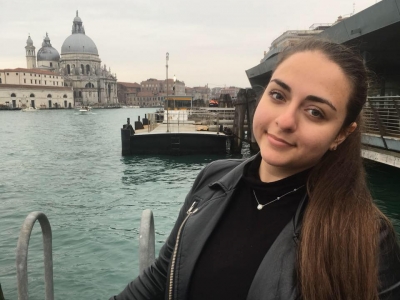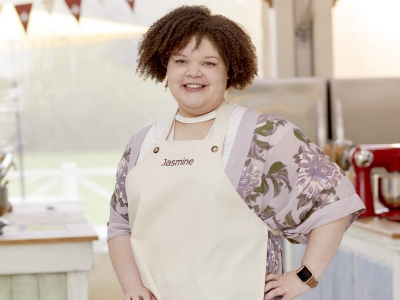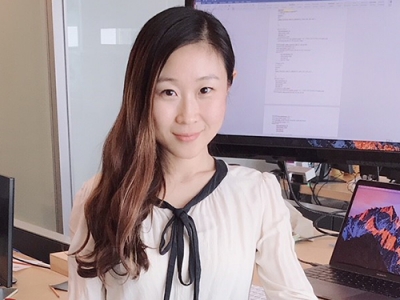This profile was part of the Faculty of Public Affairs’ 75 for the 75th series, which highlighted 75 notable alumni in FPA in honour of Carleton University’s 75th anniversary. These stories were published in 2016 and 2017.
Host, CBC’s Power & Politics
Master of Journalism, (’01)
On September 2, 2015, a photo of a drowned Syrian toddler fixed the world’s attention on the global refugee crisis. In Canada, this led to heavy criticism of the Conservative government’s refugee policy in the middle of an election campaign.
That evening, Rosemary Barton, the host of the CBC’s pre-eminent political program, Power & Politics, interviewed then-Immigration Minister Chris Alexander.
“If this has been going on for years, why didn’t the government act faster?” asked Ms. Barton.
When Mr. Alexander suggested it was “the first Power & Politics panel we’ve ever had on this”, Ms. Barton quickly dismissed his comment as “completely false” and continued to press him for an answer.
It was one of many memorable interviews in which Ms. Barton made a politician feel less than comfortable in the Power & Politics guest chair.
“My primary mission is to get them to explain why they are doing something,” says Ms. Barton. “When there’s a discrepancy, I think it’s important to push hard on those points, which is sometimes perceived as rude, especially when you’re a woman. But people don’t understand the dynamic.”
Ms. Barton became host of Power & Politics in 2015. Prior to that she was a national reporter with the CBC’s Parliamentary Bureau, covering both the 2008 and 2011 federal elections.
She knew she had found her career soon after accepting a part-time job as a researcher for the French-language news network, RDI. She “chased” guests for a show, wrote scripts, ran the teleprompter, and fell in love with the medium of television.
“I liked the immediacy of it and how powerful it could be,” explains Ms. Barton, who was simultaneously earning a BA in French literature from the Collège Universitaire de Saint-Boniface in Winnipeg. “If someone was moved or upset or passionate, it all happened right in front of you.”
From there, Ms. Barton earned her Master of Journalism at Carleton, with the clear intention of pursuing a career in television. “It helped me clarify what I wanted to do,” she says.
She says the importance of television is most striking in times of crisis, such as the night in November 2015 when Paris was hit with a series of terrorist attacks.
“People ask how I deal with these situations, but I just try to stay calm, authoritative and have the right tone. We’re there to give people information,” she explains. “I think it can go off the rails if the host gets caught up in the excitement of it. That does a disservice to the people watching.”
As someone who started out behind the teleprompter and is now in one of Canada’s most prominent news positions, Ms. Barton has learned that a career in journalism requires sacrifice, which is something she shares with students.
“I think we have to be really honest about how demanding the job is. It’s not 9 to 5; it’s all the time,” she says. “The phone is by your bed and you read the papers all weekend. It’s the way you live. I try to be real about that because I wish people had been more honest about that with me.”
Ms. Barton says her highlights include interviewing two prime ministers as well as U.S. Secretary of State John Kerry.
“It’s always interesting when you’re interviewing a world leader,” she says. “I’m conscious that there are other women watching. I want them to realize that they can do this, too.”
Tuesday, July 19, 2016 in #FPA75, Career Paths, Journalism
Share: Twitter, Facebook



